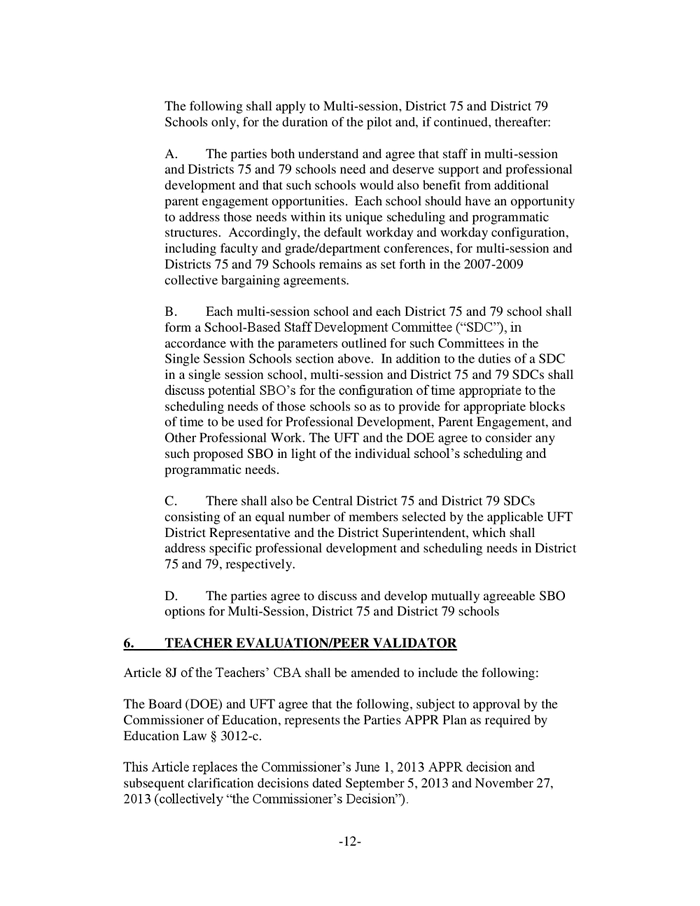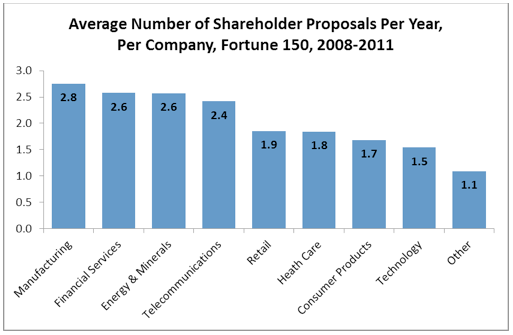ISS Releases 2014 Proposed Changes to Executive Compensation Evaluation Policy
Post on: 16 Март, 2015 No Comment

Our Thinking Sub Nav
ISS Releases 2014 Proposed Changes to Executive Compensation Evaluation Policy
October 29 2013
ISS has posted its 2014 Draft Policies for comment by institutional investors, companies and other members of the governance community. These draft policies have traditionally served as a preview of the final policies expected next month which will be effective for the 2014 proxy season.
Key Changes Under Consideration
This year’s draft policies do not propose any major modifications to the ISS methodology. For U.S. companies, ISS has proposed only one policy change and one clarification of an existing policy.
- Modification to Relative Degree of Alignment (RDA) Screen
- ISS proposes to calculate this measure as the difference between the company’s TSR rank and the CEO’s total pay rank within a peer group, over a three-year period only
- Previously, both one- and three-year measurement periods were used, weighted 40% and 60%, respectively
- If three years of data are not available, ISS will use as many full fiscal years that the company has been publicly traded and disclosed pay data

- Clarification on Board Response to Majority-Supported Shareholder Proposals
- No actual policy changes
- Majority of shares cast on a shareholder proposal in one year triggers evaluation of a company’s response to majority-supported shareholder proposals
- Commenced with proposals appearing on 2013 ballots
- Subject to evaluation in 2014 if proposals receive majority support
Our View
The removal of the one-year measurement period in the RDA test is a positive shift toward a focus on longer-term, multi-year pay for performance assessments which we believe will provide shareholders with a better view on how pay and performance are aligned. Additionally, this shift will reduce the impact of single year stock price aberrations and the effect of equity awards made before the end of the performance period.
Furthermore, we do not anticipate that this change will significantly alter the number of companies identified as potential concerns under this test. ISS back-testing indicates that fewer than seven percent of companies with significant differences between their one- and three-year pay and/or performance will have RDA measures that are materially affected by the change.
However, we still hold reservations about the RDA measure itself. This test uses TSR as the only metric for company performance and focuses exclusively on CEO pay. Therefore, the RDA measure is still exceptionally narrow in scope and may very well overlook important aspects of a company’s performance and pay alignment.
While the policy on majority-supported shareholder proposals is not new, we remind companies that have had a shareholder proposal which received majority-support, as well as those in which a significant minority supported a proposal, to examine their shareholder outreach efforts and focus on educating shareholders about why the board’s actions, or lack thereof, are in the shareholders’ best interests.
Action Items
We encourage companies to provide feedback to ISS on the draft policies by the November 4 th deadline. We are currently in the process of composing a comment letter. If you wish to discuss further, please don’t hesitate to contact us.














